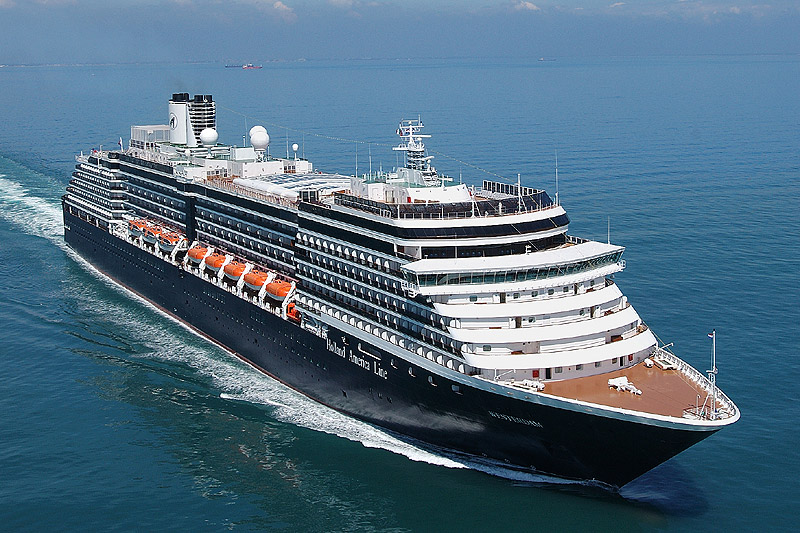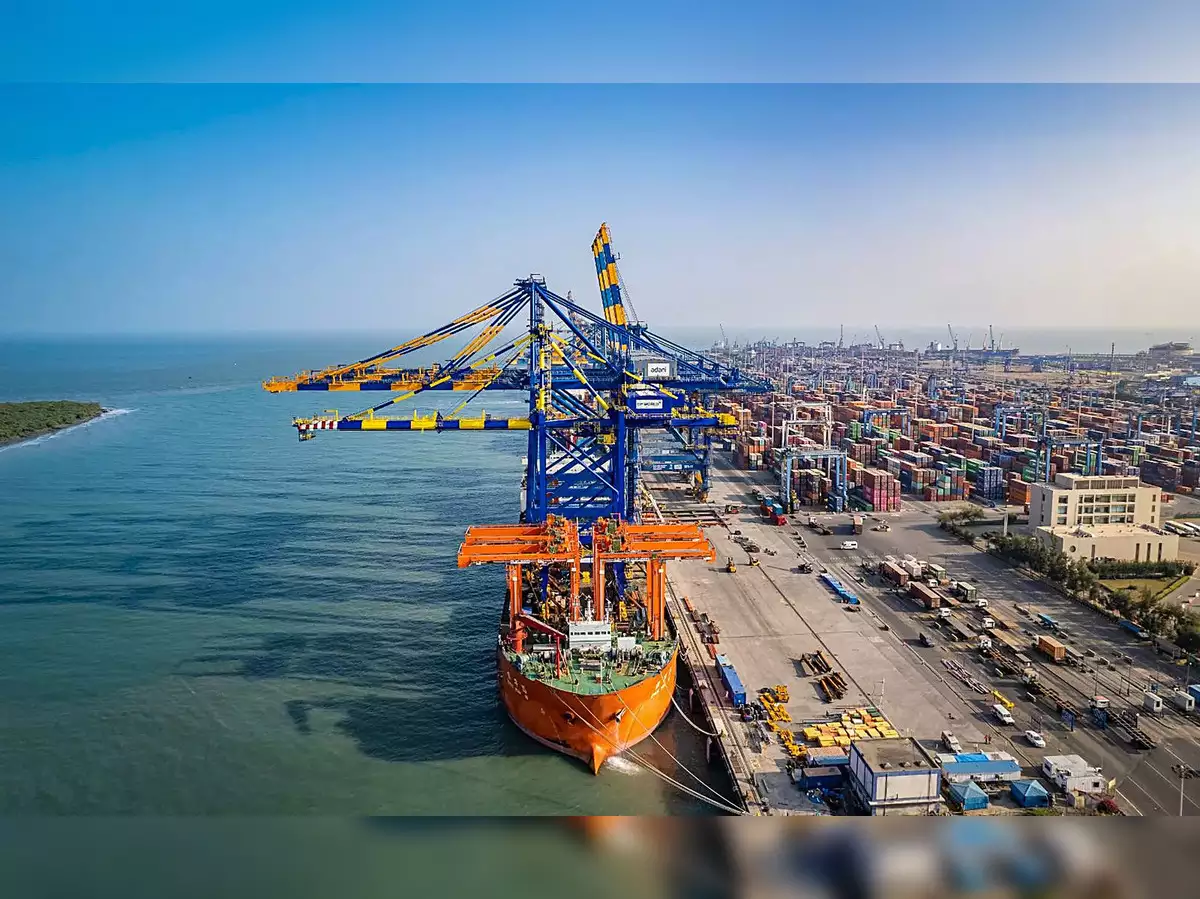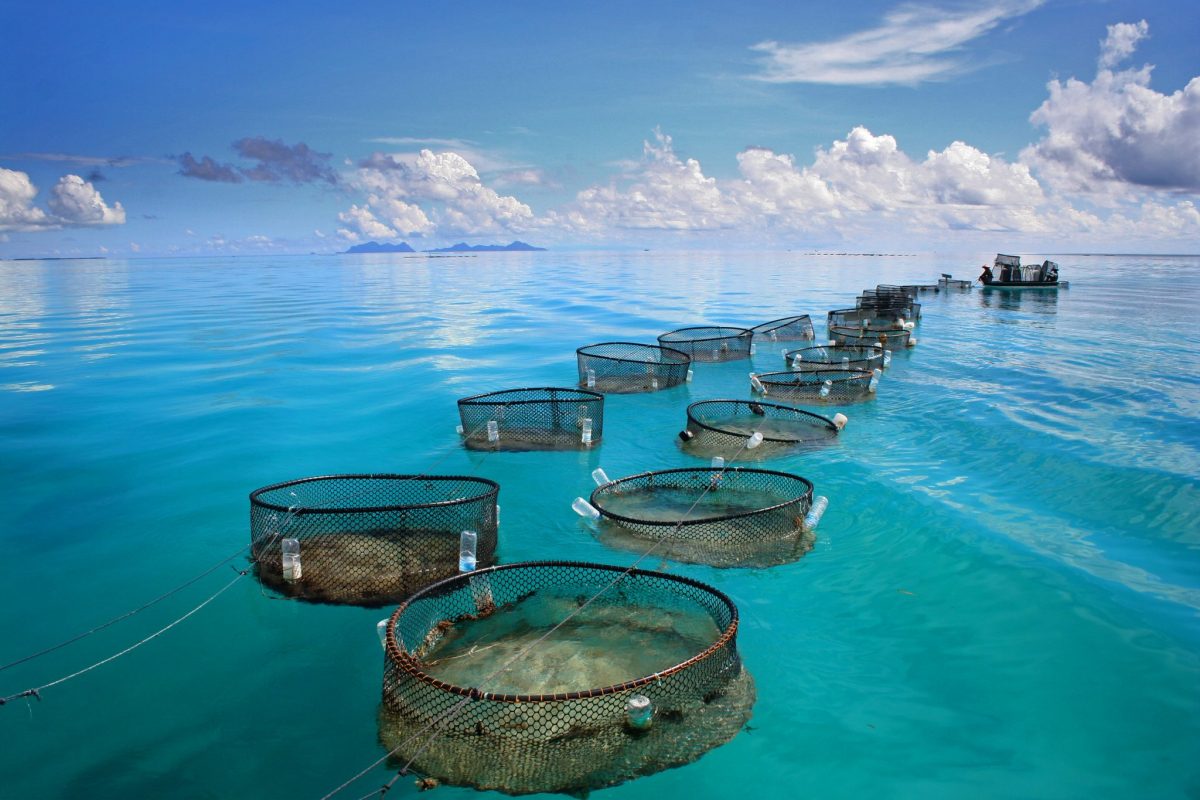Stamp: Tourism (Belgium 1953)
Tourism (Belgium 1953)
01 January (Belgium ) within release Tourism goes into circulation Stamp Tourism face value 80+20 Belgian centime
| Stamp Tourism in catalogues | |
|---|---|
| Michel: | Mi:BE 967 |
| Yvert et Tellier: | Yt:BE 918 |
| Belgium: | Bel:BE 918 |
Stamp is square format.
Also in the issue Tourism:
- Stamp - Wharf at Ghent face value 4+2;
- Stamp - Tourism face value 8+4;
- Stamp - Tourism face value 80+20;
- Stamp - Tourism face value 1.20+0.30;
- Stamp - Tourism face value 2+0.50;
- Stamp - Tourism face value 2.50+0.50;
Stamp Tourism it reflects the thematic directions:
A ship is a large watercraft that travels the world's oceans and other sufficiently deep waterways, carrying passengers or goods, or in support of specialized missions, such as defense, research and fishing. Historically, a "ship" was a sailing vessel with at least three square-rigged masts and a full bowsprit. Ships are generally distinguished from boats, based on size, shape and load capacity.
A port is a maritime facility comprising one or more wharves or loading areas, where ships load and discharge cargo and passengers. Although usually situated on a sea coast or estuary, ports can also be found far inland, such as Hamburg, Manchester and Duluth; these access the sea via rivers or canals. Because of their roles as ports of entry for immigrants as well as soldiers in wartime, many port cities have experienced dramatic multi-ethnic and multicultural changes throughout their histories
Fishery can mean either the enterprise of raising or harvesting fish and other aquatic life or, more commonly, the site where such enterprise takes place (a.k.a., fishing grounds).Commercial fisheries include wild fisheries and fish farms, both in freshwater waterbodies (about 10% of all catch) and the oceans (about 90%). About 500 million people worldwide are economically dependent on fisheries. 171 million tonnes of fish were produced in 2016, but overfishing is an increasing problem, causing declines in some populations.
A fishing vessel is a boat or ship used to catch fish and other valuable nektonic aquatic animals (e.g. shrimps/prawns, krills, coleoids, etc.) in the sea, lake or river. Humans have used different kinds of surface vessels in commercial, artisanal and recreational fishing.
Tourism is travel for pleasure or business; also the theory and practice of touring, the business of attracting, accommodating, and entertaining tourists, and the business of operating tours. Tourism may be international, or within the traveller's country. The World Tourism Organization defines tourism more generally, in terms which go "beyond the common perception of tourism as being limited to holiday activity only", as people "traveling to and staying in places outside their usual environment for not more than one consecutive year for leisure, business and other purposes". Tourism can be domestic or international, and international tourism has both incoming and outgoing implications on a country's balance of payments. Today, tourism is a major source of income for many countries, and affects the economy of both the source and host countries, in some cases being of vital importance.





